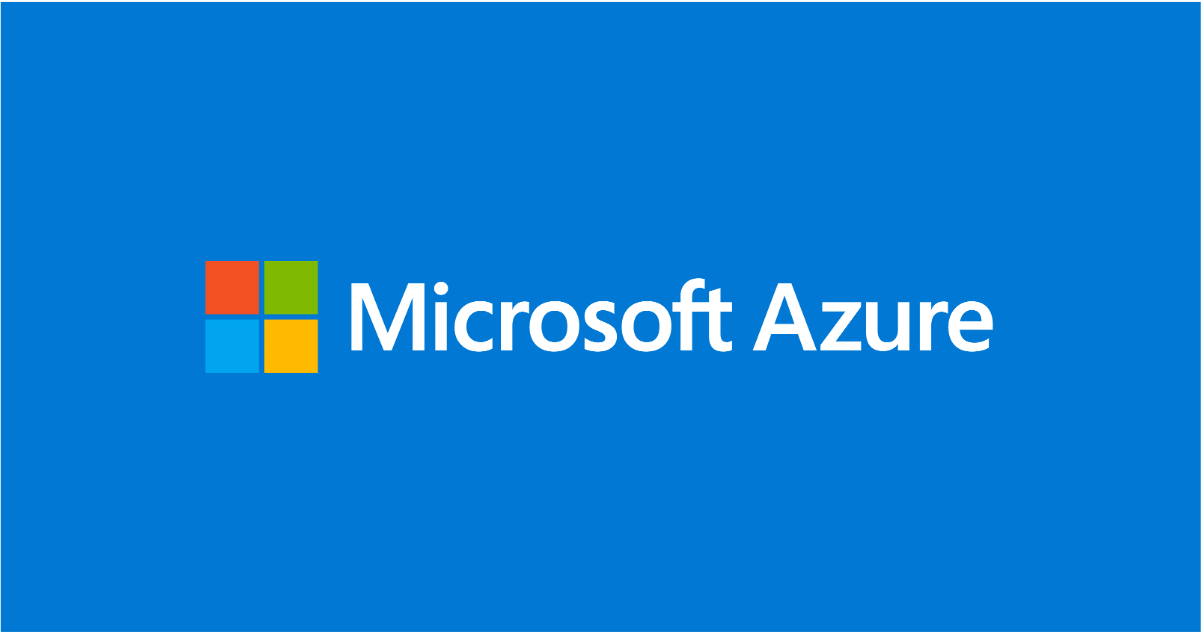Selecting the Optimal Container for Azure AI: Docker, ACI, or AKS?

Deploying Azure AI services in containers like Docker, Azure Container Instances (ACI), or Azure Kubernetes Service (AKS) provides several key benefits for organizations that want to build, scale, and manage AI-based applications. Here's a breakdown of why each container option is valuable:
1. Docker (Local Development & Testing)
-
Portability: Containers allow AI models and services to be packaged with all their dependencies. You can run the same environment across different platforms (local machines, on-premises, cloud, etc.).
-
Ease of Testing: Developers can easily test and fine-tune AI services locally using Docker before deploying them in a production environment.
-
Consistency: Docker ensures that the environment is consistent across all stages of development, reducing the risk of "it works on my machine" problems.
-
Isolation: Each AI model or service runs in its isolated environment, minimizing conflicts between dependencies.
2. Azure Container Instances (ACI)
-
Simplicity: ACI provides a serverless container hosting environment, making it a great option for quick deployment without needing to manage complex infrastructure.
-
Scalability: Though not as robust as AKS, ACI allows you to scale individual container instances based on demand, which is good for running lightweight AI services.
-
Cost-Effective: You only pay for the compute resources your container consumes, which makes it ideal for short-lived, bursty AI workloads.
-
Integration with Azure Services: ACI integrates easily with other Azure services like Azure Machine Learning, Azure Functions, and Azure Logic Apps, making it easier to run AI models within broader workflows.
3. Azure Kubernetes Service (AKS)
-
Scalability: AKS provides powerful, enterprise-grade orchestration and can manage thousands of containers, allowing AI services to scale dynamically based on demand.
-
High Availability: AKS offers automated load balancing, fault tolerance, and self-healing capabilities, making it ideal for deploying critical AI services in production.
-
Microservices: With AKS, you can break down AI services into microservices, each containerized and independently deployable, enabling modular and efficient application development.
-
CI/CD Pipeline Integration: AKS can easily integrate with DevOps workflows, enabling seamless updates, model retraining, and deployment of AI services.
-
Cost Efficiency for Large-Scale Workloads: When dealing with large-scale AI services, AKS provides better cost control through autoscaling, resource pooling, and spot instances.
General Benefits of Using Containers for AI Services
-
Fast Deployment: Containers allow for rapid deployment of AI services without lengthy setup or configuration processes.
-
Cloud and Hybrid Flexibility: AI services in containers can be run on-premises, in any cloud (including Azure, AWS, and GCP), or in hybrid environments. This flexibility supports diverse deployment strategies.
-
Version Control: Containers provide an isolated environment where different versions of AI models or services can run in parallel, enabling A/B testing or the running of multiple models simultaneously.
When to Use Each Option
-
Docker: Best for local development, testing, and small-scale deployments.
-
ACI: Ideal for lightweight, short-lived, or experimental AI workloads requiring quick deployment without the need to manage infrastructure.
-
AKS: Best for complex, large-scale, and mission-critical AI applications requiring scalability, orchestration, and high availability.
By deploying Azure AI services in these containerized environments, you gain flexibility, scalability, and the ability to manage the lifecycle of AI models efficiently across development and production stages.
Published on:
Learn moreRelated posts
Automating Business PDFs Using Azure Document Intelligence and Power Automate
In today’s data-driven enterprises, critical business information often arrives in the form of PDFs—bank statements, invoices, policy document...
Azure Developer CLI (azd) Dec 2025 – Extensions Enhancements, Foundry Rebranding, and Azure Pipelines Improvements
This post announces the December release of the Azure Developer CLI (`azd`). The post Azure Developer CLI (azd) Dec 2025 – Extensions En...
Unlock the power of distributed graph databases with JanusGraph and Azure Apache Cassandra
Connecting the Dots: How Graph Databases Drive Innovation In today’s data-rich world, organizations face challenges that go beyond simple tabl...
Azure Boards integration with GitHub Copilot
A few months ago we introduced the Azure Boards integration with GitHub Copilot in private preview. The goal was simple: allow teams to take a...
Microsoft Dataverse – Monitor batch workloads with Azure Monitor Application Insights
We are announcing the ability to monitor batch workload telemetry in Azure Monitor Application Insights for finance and operations apps in Mic...
Copilot Studio: Connect An Azure SQL Database As Knowledge
Copilot Studio can connect to an Azure SQL database and use its structured data as ... The post Copilot Studio: Connect An Azure SQL Database ...
Retirement of Global Personal Access Tokens in Azure DevOps
In the new year, we’ll be retiring the Global Personal Access Token (PAT) type in Azure DevOps. Global PATs allow users to authenticate across...
Azure Cosmos DB vNext Emulator: Query and Observability Enhancements
The Azure Cosmos DB Linux-based vNext emulator (preview) is a local version of the Azure Cosmos DB service that runs as a Docker container on ...